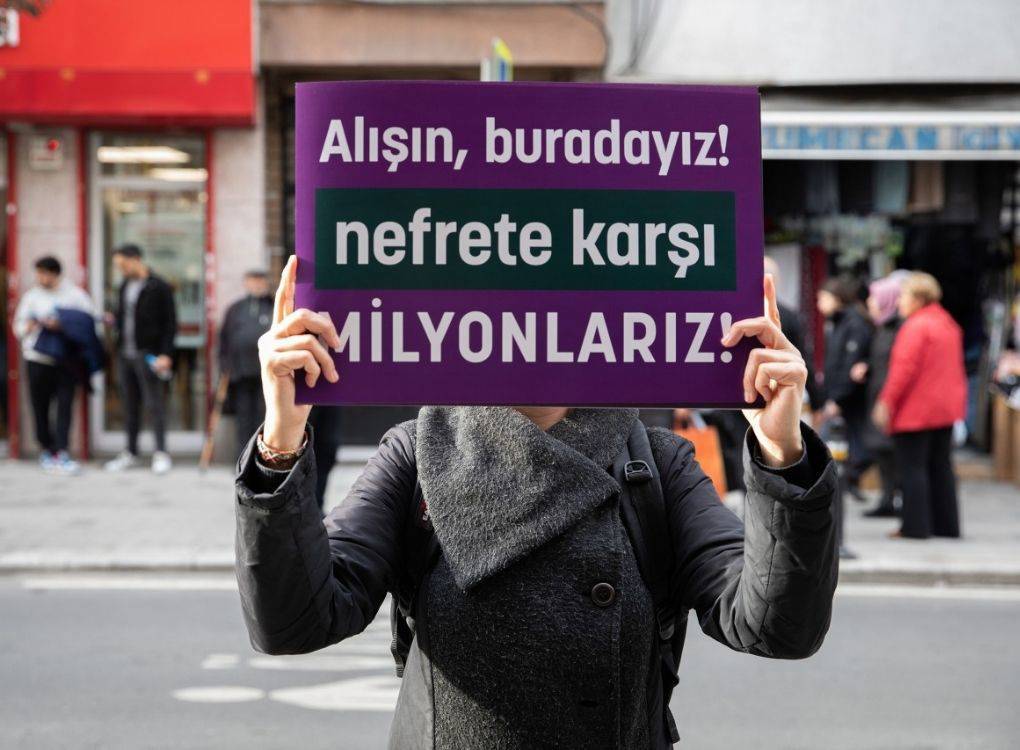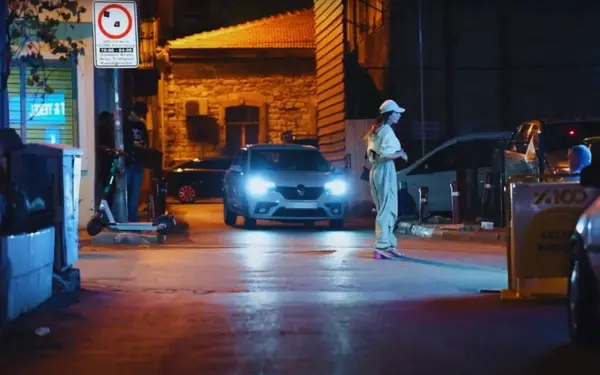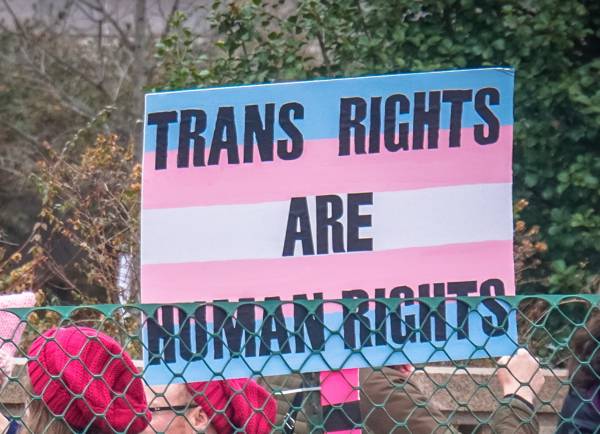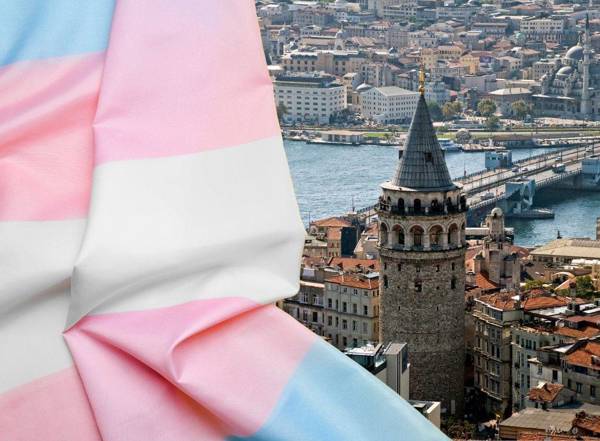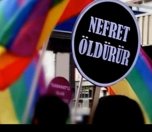"Pride Month just ended. LGBTI+s have not had a protest without bans since 2015. Each year, bans and detentions follow one another, forcing queers to hold clandestine marches. In İzmir, a march was held in Bornova a day before the official call for a demonstration. In İstanbul, marches have been held in different places for several years. In the end, queers are not wanted in Turkey. They are targeted, killed, denied jobs and housing, forced into sex work, and get their homes sealed off for doing sex work. Our fundamental rights are being usurped."
This is how Selman, an activist with the Colors of Resistance (Direnişin Renkleri) group, describes how they feel recently.
Attacks on LGBTI+s in Bornova Street in the Konak district, where many trans people live, have been increasingly frequent.
The latest attack occurred on the morning of July 13, when E.Ş. was hospitalized after being stabbed multiple times by a man.
On April 10, a trans woman was attacked by a group of men while going home. The murders of Ecem Seçkin and Hande Buse Şeker in previous years also happened on this street.
"Pedestrianization project increases danger"
Selman thinks both the government and the opposition, with their statements targeting LGBTI+s, contribute to the increase in the attacks.
One factor that has opened the door for the recent attacks was the pedestrianization project for Bornova Street, according to Selman, as Trans women have been pushed deeper into more dangerous areas from the street. The project was implemented by the İzmir Metropolitan Municipality, controlled by the main opposition party CHP.
As the street is becoming a center of attraction, trans people face ‘ghettoization’ by being forced to move to other and possibly more dangerous areas, argues Selman.
"Impunity kills"
Targeted campaigns against LGBTI+s and impunity are another factor contributing to the increase in the attacks, according to Selman. Assailants either receive lenient punishment or are pınished at all.
Similarly, the November 20 Trans+ Initiative (20 Kasım Trans İnisiyatifi) stated that the lack of deterrent policies and enforcement of the law leads to these attacks.
Reluctance of the police
Another aspect of the impunity policy is the law enforcement's indifference, sometimes even encouragement, towards the attacks.
After the most recent transphobic attack on July 13, both the police and the ambulance arrived late at the scene, according to reporting from Kaos GL, an LGBTI-focused news outlet. Also, the neighborhood guards who should have been on the street were not present.
In January 2022, trans women in İzmir described running to the police for help after being attacked with spiked clubs, only for the police to do nothing. They had said, "I told the police, 'Sister, help us'; she did nothing, holding her tea." The police responded to the trans women, who were trying to convince them to help, by saying, "I'm not obligated to protect you."
This dehumanizing attitude of law enforcement towards trans people is systematic throughout Turkey. Trans people cannot benefit from the equal citizenship rights guaranteed by the Constitution and are left alone by law enforcement when victimized.
"Trans women have to fight together"
When asked how these attacks could be prevented, Selman contends, "Unfortunately, there is no way to completely stop these attacks, but trans women are practicing self-defense and solidarity to resist them. They can come together as soon as a sound is heard on the street."
Selman added that on July 13, the day of the attack, trans women ran to help upon hearing the screams and caught the attacker. According to Selman, "Trans women are alone but must fight together" in each attack, and they fight this battle every day on Bornova Street.
The struggle for survival against hatred and violence by trans women should be supported by all LGBTI+s. Selman emphasizes the need for organization, solidarity, and vocal opposition to hate. Only through collective effort can these attacks be reduced and eventually ended. (TKY/AMK/VK)





